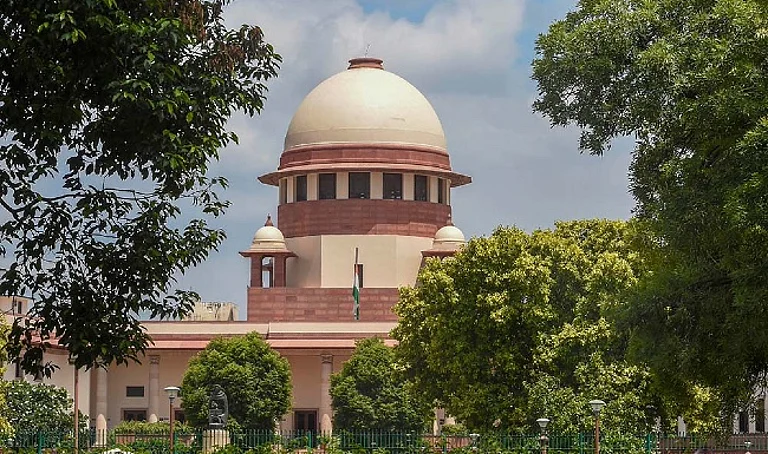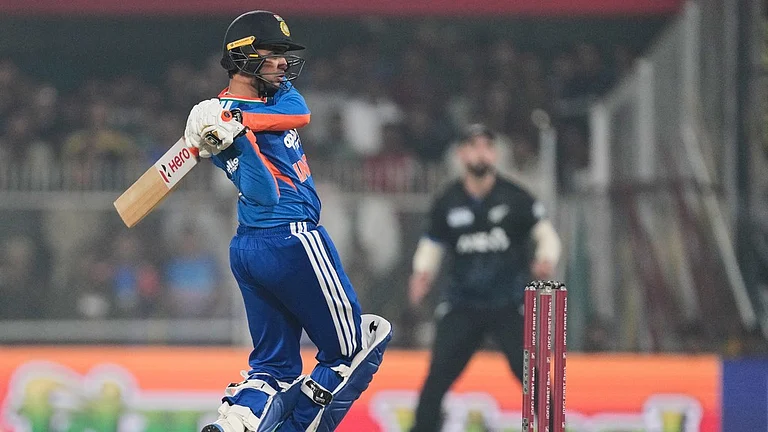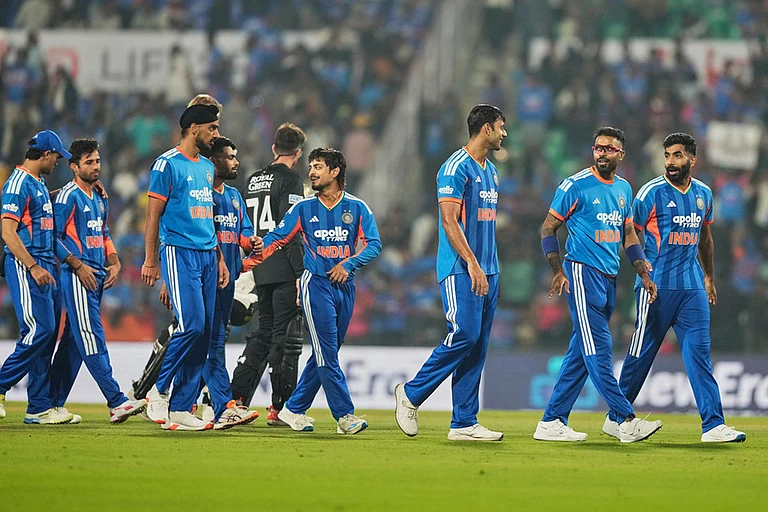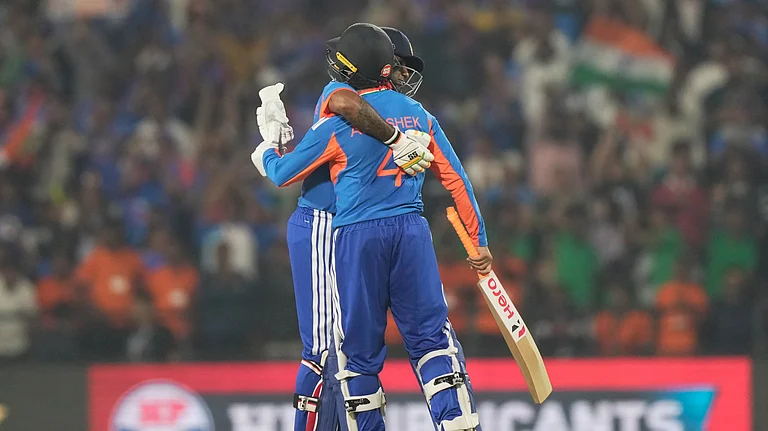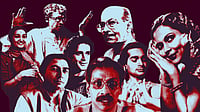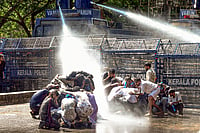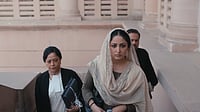Ever since Puja Khedkar, a 2023 batch trainee IAS officer of the Maharashtra Cadre and Abhishek Singh, a 2011 batch former IAS officer, have come under the media spotlight while facing allegations of making false claims of disability to avail the reservation benefits in the UPSC qualifying examination, the prestigious institution’s highly competitive selection process has come under public scrutiny.
Criteria For Reservation For Disability In UPSC Selection Process
The Union Public Service Commission’s Civil Services (UPSC) Examination inculcates the reservation policy for Persons with Disabilities (PwD), in alignment with the Rights of Persons with Disabilities Act, 2016, and the guidelines for reservations meant for the PwD category, formulated by the government of India.
Four per cent of the total vacancies available are reserved for the Persons with Benchmark Disabilities (PwBD) category, so that an equal opportunity for employment in public services is ensured for such persons.
The categories of the different disabilities include
Visual Impairment (VI): Blindness (B) or Low Vision (LV)
Hearing Impairment (HI): Deaf (D) or Hard of Hearing (HH)
Locomotor Disability (LD): Includes cerebral palsy, dwarfism, leprosy cured, muscular dystrophy or acid attack victims
Autism, intellectual disability, specific learning disability or mental illness (AID/M)
Multiple disabilities from the above categories including deaf-blindness
Intellectual Disability (ID): Limitations in Intellectual functioning, reasoning, learning, problem-solving and social skills
The minimum degree of disability to claim reservation for any of the above categories is 40 per cent according to the rules of UPSC Civil Services Examination (CSE).
Eligibility Criteria For PwBD Reservation In UPSC CSE
The aspirants who wish to avail the reservation for Persons with Benchmark Disabilities in the UPSC CSE can do so only in one of the categories of the listed disabilities. Even persons with multiple disabilities can avail reservation only under the singular category of multiple disabilities.
Alongside the categories of disabilities, the aspirants must also meet the special eligibility criteria of “Suitable Category of Benchmark Disabilities” and “Functional Requirements” [formerly known as Functional Classification and Physical Requirements (FC&PR)].
These criteria define the necessary physical and mental requirements for the specific posts under Public Services and the format for such criteria is prescribed by the government.
To avail the PwBD reservation, the UPSC aspirants must already possess and submit a disability certificate at the time of their application. Such a certificate must be issued by a Medical Board that has been authorized either by the Central or the State government.
The Medical Board must consist of at least one doctor who has a specialization in the specific area of disability of the aspirant. The UPSC also clearly states that the prescribed Medical Examination as per the Examinations Rules shall be mandatory and only the results of the prescribed Medical Examination shall be considered valid for assessing whether a PwBD category candidate meets the requirements to be appointed.
Provisions For PwBD In Selection Process
The aspirants who come under the PwBD category are supposed to be allotted examination centres that are accessible for them, where there is adequately arranged seating facility for their benefit. There is also a provision for scribes to appear for the CSE.
PwBD aspirants are also provided extra time to complete the prelims and mains examinations, where they are usually given twenty minutes extra for every hour of the examination.
Once selected, their names appear in a separate merit list and their position in the services is confirmed based on their rank in the merit list and their indicated preferences, which must be in tandem with the medical standards which have been prescribed by the government for these services.
A mandatory medical examination which shall confirm whether the selected candidate meets the necessary medical standards for the alloted service shall also have to be undertaken by the candidate after which their position is confirmed.
Puja Khedkar And Abhishek Singh Row
After hitting the headlines the entire last week over her demands for a separate cabin and staff which led to her transfer from Pune to Washim, Puja Khedkar faced more allegations of securing a position in the IAS by taking the civil services exam under the Other Backward Class (OBC) – with less than Rs 8 lakh annual income – and visually impaired categories and submitting a mental illness certificate.
Puja Khedkar has so far been in news for her demands, misusing benefits under the physical disabilities category, violations on beacon and VIP number using her Audi car, leaked WhatsApp chats showing her asking for special arrangements, 21 challans on her private vehicle and more.
Amid the Puja Khedkar controversy Abhishek Singh - a 2011 batch IAS officer who resigned last year to become an actor - came under fire as questions were raised over his selection under the disability criteria.
Abhishek Singh came under fire after his dance and gym videos went viral on social media, with several users commenting on videos shared by him, calling for greater transparency and accountability in the bureaucratic selection process.








